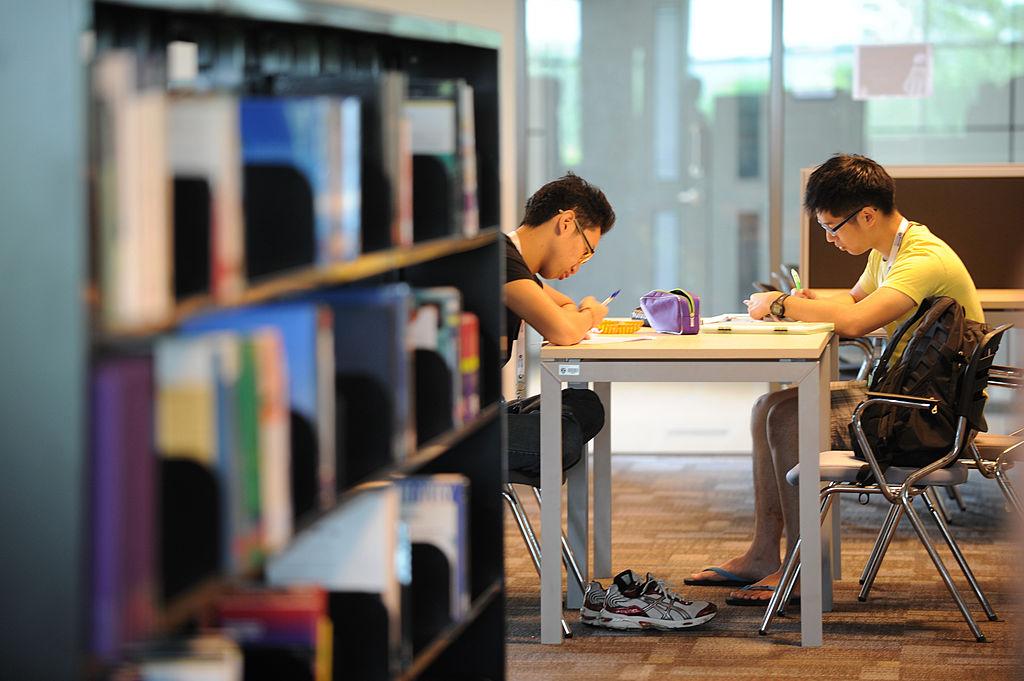Commentary
Lately, Malaysia has become the education hub of choice for international students seeking higher education in Asia. Education Malaysia Global Services (EMGS) received over 11,000 applications in the January to March quarter of 2022 from prospective international students for study in Malaysian public and private institutions of higher education. Of these, 3,299 applied to a doctoral program.






